
The eternal debate - should you have your kitty stay indoors or should you let him explore the outside - is ongoing. While there are many opinions out there which are often expressed in a very black and white way, the decision is ultimately yours. So what are the perks and downsides of each option?
Indoor cats are amazing - they tend to be focused on you as you’re the only action in the vicinity and they don't usually come home with fleas or ticks. They are safer from contagious diseases, crazy cars and all the other perils of the outside world and they usually end up taking on your sleeping schedule as you become the most important thing in their world. Their universe revolves around you - and any other living beings in the house. They will likely be lap cats, seeking your attention and be just a little naive in the ways of the world, including hunting.

The downsides are that you’ll have to clean out that litter tray every single day, put up with their need for attention even when you’re not up to it, clean up the inevitable hairballs which can go nowhere but inside on your floor and deal with the ruckus they make during the night in the house. Meanwhile, the chances of your house undergoing some property damage (scratching and incontinence), instant fur attacks (covering everything in hair) and the work and money you’d have to put into cat furniture and other environmental enrichment items to keep your kitty happy and keep the property damage and nightly noise to a minimum are something to be considered.
And those are only the downsides for you. The downsides for the cat are that they are at risk of being chronically depressed. If you work 8+ hours a day, plus commuting and you’re their only interaction, while they stare at 4 walls for the rest of the day, they’re at risk of becoming obese, apathetic, chronically stressed and utterly depressed - along with the host of medical issues those can cause. This can definitely be rectified with the right amount of either attention and playtime or other environmental enrichment devices and even an additional kitty, but depending on the personality of your kitty, it might prove to be a challenge - whether or not you’d enjoy a fun challenge like that, is however up to you. Research into cat behaviour and environmental enrichment are definitely recommended to make living together easier and your bond together even stronger.
So, what about outdoor kitties? Well, they tend to be more independent and therefore less focused on their owners. They have a life to lead, you know! Give them a cat door, leave the food and water out and they’ll be good. Does that mean they’ll never cuddle or ask for attention? No, not really, but it will be more on their terms and at their leisure, depending on how social and extraverted they are as an individual.
There will be no need for a litter tray, or the one you do have will be more of a back-up option. And most hairballs will be chucked up out outside. While some hair will still cover your house, it will be significantly less and for the most part, you won’t have to worry about environmental enrichment as much as they’ll be perfectly happy entertaining themselves outside. They have territories to inspect, places to mark and things to discover. That is, when they aren’t sleeping, eating or cuddling you.

However, that also means that your bond with your kitty is likely to be lessened as they don’t need you as much. On top of that, it will become harder to monitor them on their health - you won’t see their intake of food, water or what comes out of them and those are the first things a veterinarian will ask you. They’re likely to hide themselves when they have sustained an injury and they are more at risk of being hit by a car, as well as other contagious diseases they might contract in defending their territory from other cats. More frequent trips to the vet due to fighting - especially with intact males - will be part of the job.
Meanwhile, the money you save from not having to buy litter, you will spend on anti-tick, anti-flea and anti-worm medication to make sure you don’t find white worms in your couch, fleas in your bed and ticks on your own body - or whatever parasites they are prone to in your nook of the world.
You’ll also be playing doorman to them or have to install a cat flap. While a cat flap is an amazing contraption to allow your cat to come and go as he pleases, it also makes it harder to catch them for their yearly shots or other vet trips, and allows them to stay on their nocturnal schedule, which means they’ll be sleeping when you’re up and vice versa. And then there is the lovely practice of bringing home ‘gifts’. Their hunting skills will at some point require them to brag and show off to you just how badass they are and how many mice in a day they can catch. On top of that, there is the other dirt they track in when it rains, leaving paw prints all over your clean floor.
So, what is the best solution? It depends on what you can live with, really. And it also depends on what kind of bond you want with your kitty, how many cats you have, how many people live in the house and so on.
Decide on this issue so you are clear before you get the cat. And for that matter, check their history. While it is certainly possible to keep a previously outdoor cat inside, it does put them at a higher risk for all those medical conditions related to chronic boredom and stress due to being robbed of the freedom kitty was used to. Similarly, a cat who is predisposed with a curious and exploratory personality, who is adventurous and extraverted might feel cooped up in such a situation and look for ways to escape.
Meanwhile, an adult cat who grew up indoors and was happy there is unlikely to know what they are missing. While it is certainly easier to introduce them to the outdoors and they will take to it well, they’ll need a lot more time than a kitten would to get used to the outdoors. Rain, snow, grass, other cats in the neighbourhood and those frightful machines that make so much noise and come straight at you (cars) are a lot to take in. So, if you do decide to let them outdoors, give them time to adjust and don’t push them too fast.
Take some time to ponder what is best for your family and your pets - don’t make this decision lightly and make sure everyone can live with the situation.
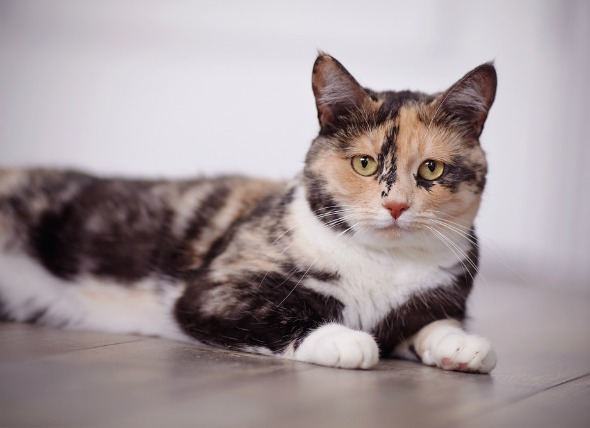 Crystals in the Urine in Cats
Crystalluria in Cats
Crystalluria is a medical co
Crystals in the Urine in Cats
Crystalluria in Cats
Crystalluria is a medical co
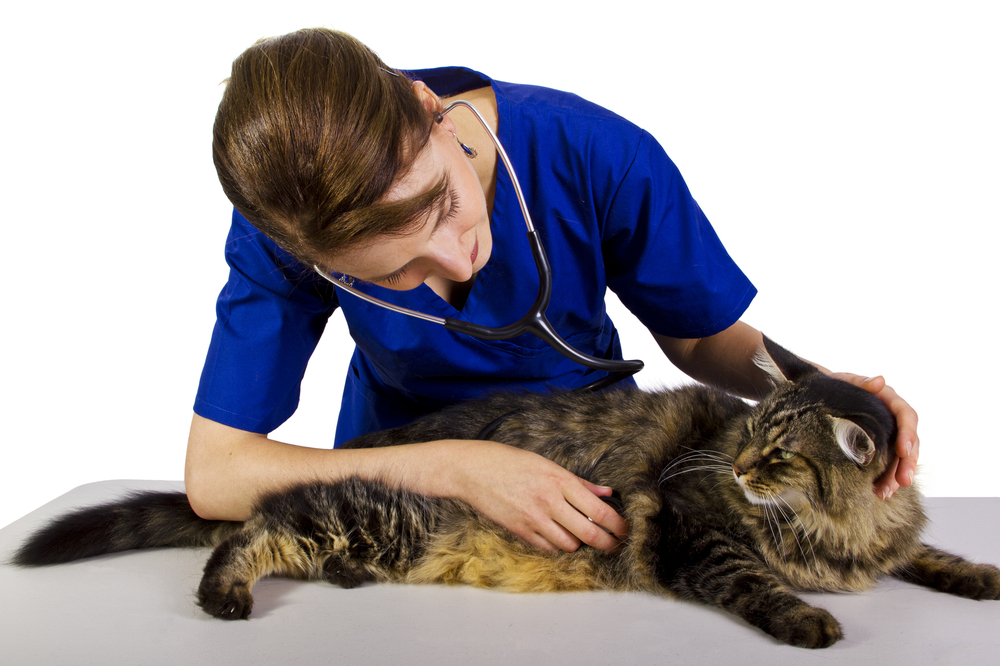 Fibrotic Hardening of the Lungs in Cats
Pulmonary Fibrosis in Cats
Cats can suffer from m
Fibrotic Hardening of the Lungs in Cats
Pulmonary Fibrosis in Cats
Cats can suffer from m
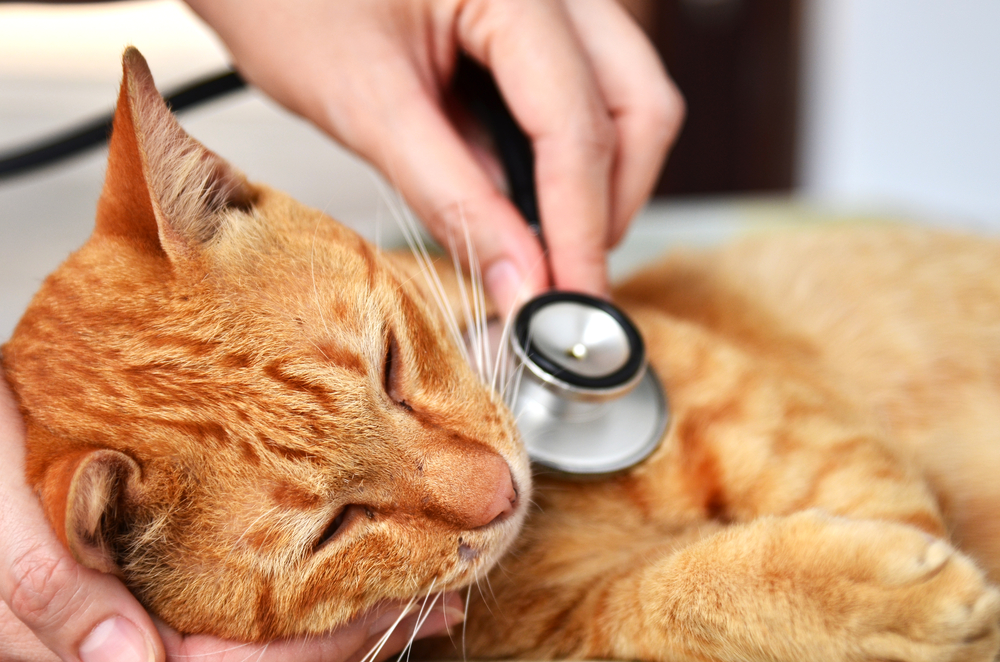 Kneecap Dislocation in Cats
Patellar Luxation in Cats
Patellar luxation occur
Kneecap Dislocation in Cats
Patellar Luxation in Cats
Patellar luxation occur
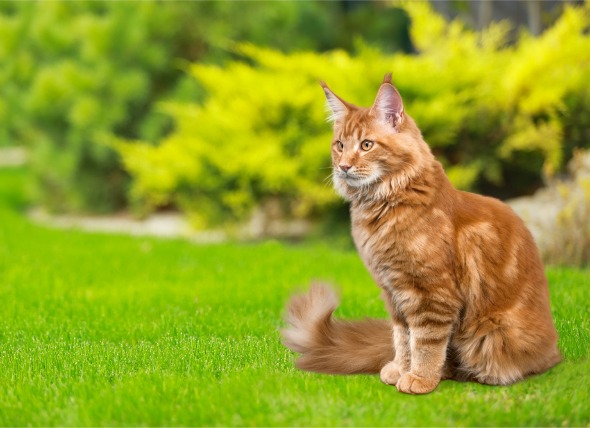 Flea and Tick Medicine Poisoning in Cats
Pyrethrin and Pyrethroid Toxicity in Cats
Pyrethr
Flea and Tick Medicine Poisoning in Cats
Pyrethrin and Pyrethroid Toxicity in Cats
Pyrethr
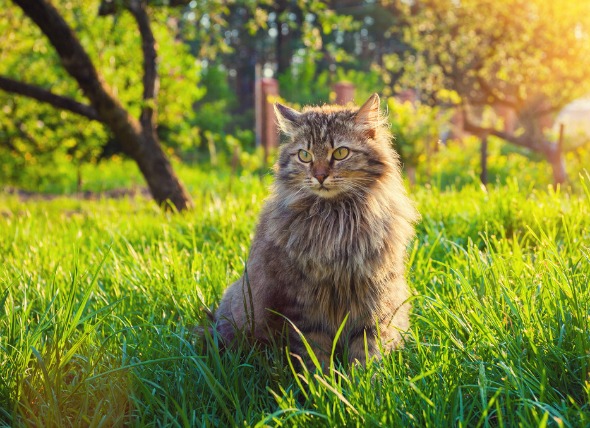 Heart Murmurs in Cats
Extra heart vibrations that are produced as a res
Heart Murmurs in Cats
Extra heart vibrations that are produced as a res
Copyright © 2005-2016 Pet Information All Rights Reserved
Contact us: www162date@outlook.com